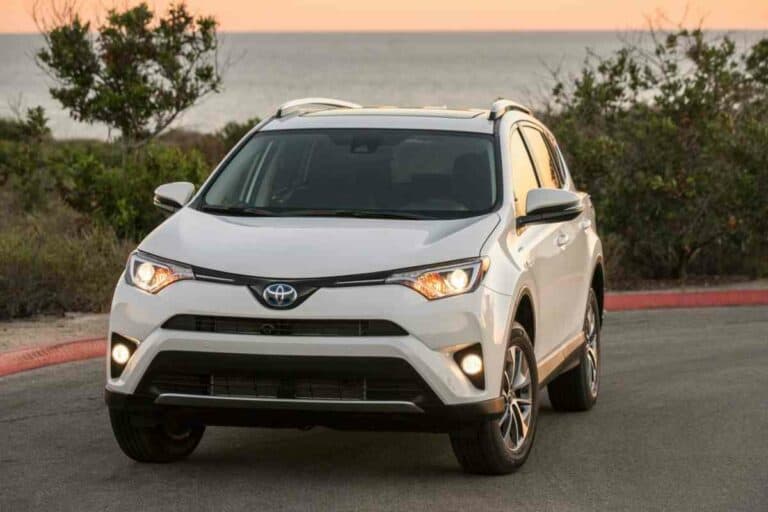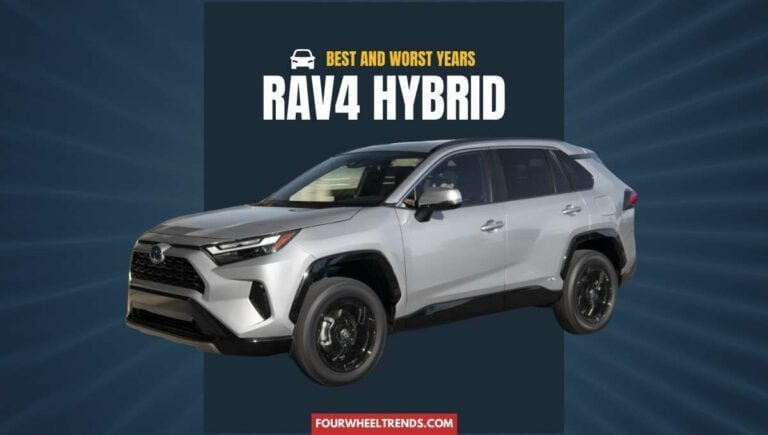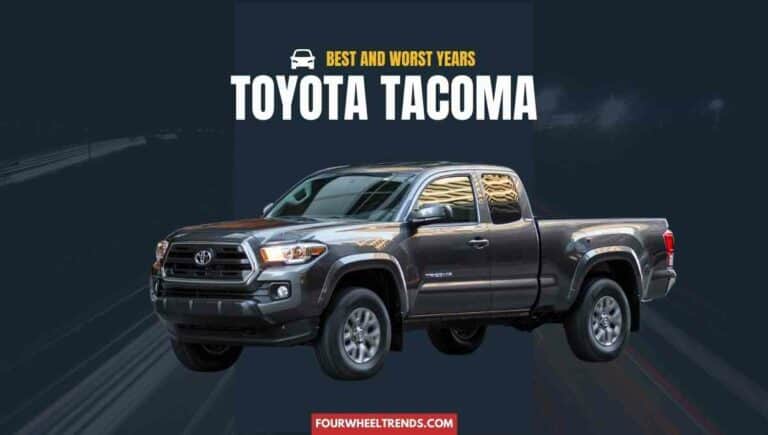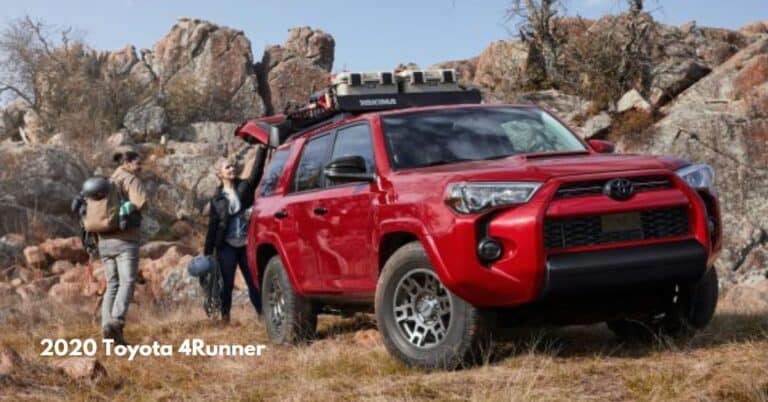
Best and Worst
Welcome to our collection of the best and worst vehicles on the market. Discover expert insights on which vehicles are worth buying and the ones you should avoid at all costs. From in-depth reviews to helpful tips, we’ve got you covered on all things related to vehicle choices. Whether you’re a car enthusiast or a casual buyer, our category provides valuable information to help you make informed decisions.
End of content
End of content


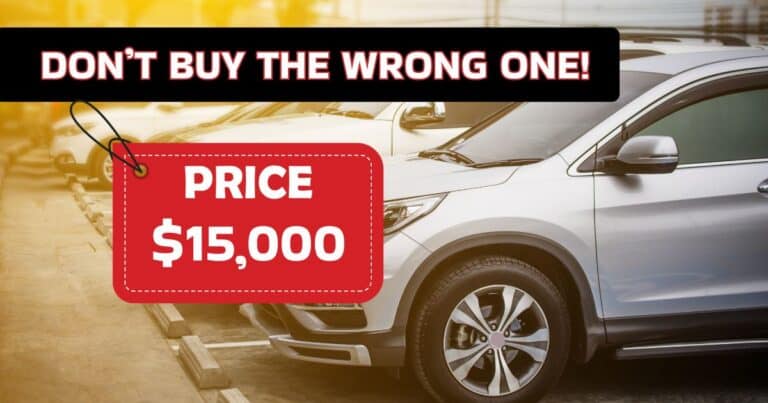
![10 Best Jeep Wranglers [2024 Edition] 4 2006 Jeep LJ (TJ Unlimited) after offroading and earing a trail badge from HBY Trials](https://fourwheeltrends.com/wp-content/uploads/2024/08/162888221_10223572733973831_1923725702300248679_o-768x576.jpeg)
